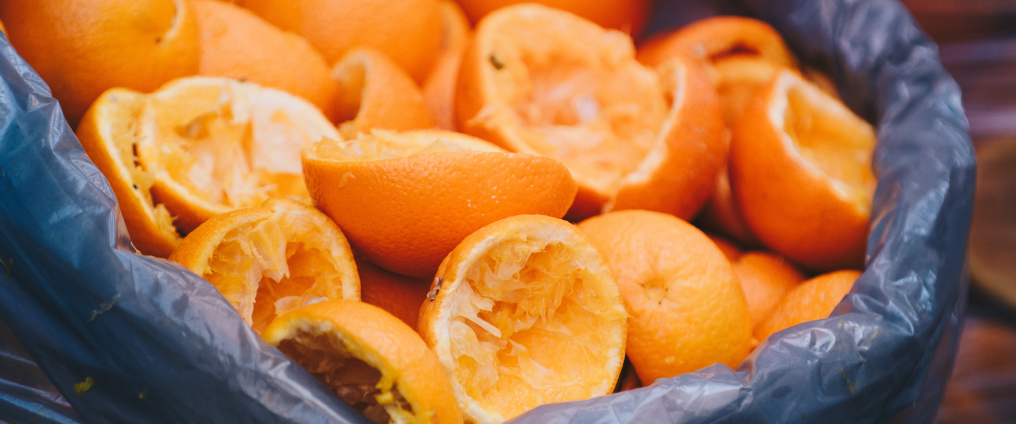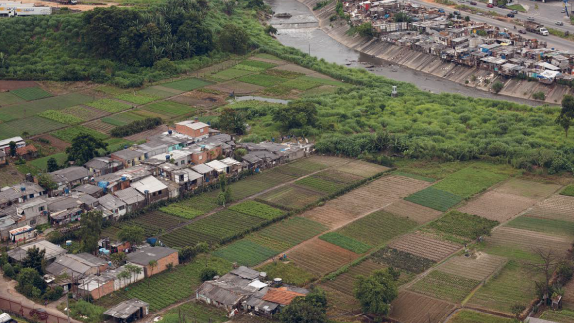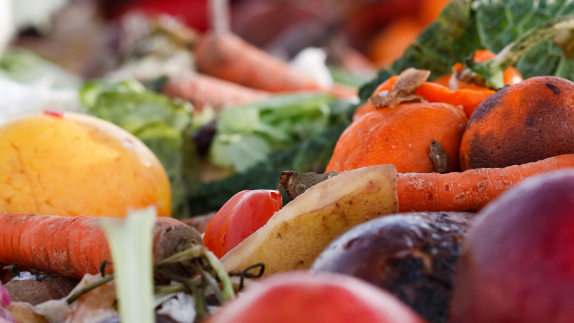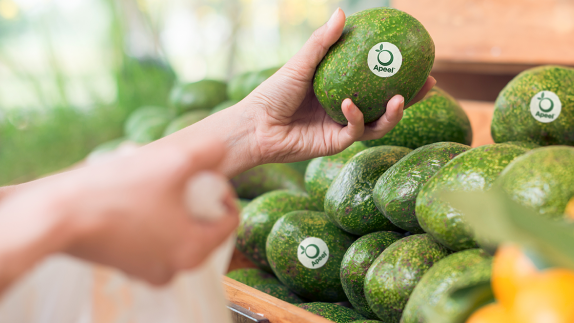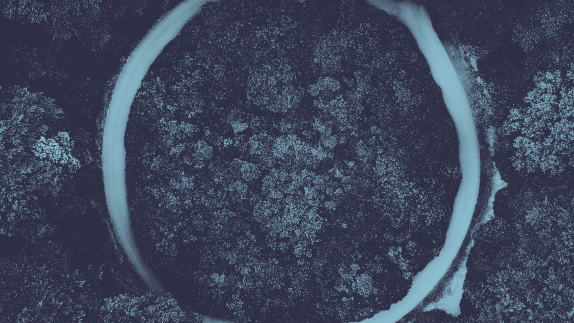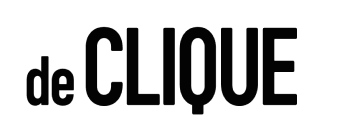
Using cycle couriers and electric vehicles, De Clique collects food by-products like coffee grounds, orange peels and other food waste from businesses.
Collected as pure waste streams, these by-products are then sold on by De Clique to third party innovators and product manufacturers, who transform them into new products like food ingredients, cosmetics, and biomaterials.
“We are working towards zero-waste cities in which all residual flows are reused.”
Why it's an example of the circular economy
Inedible food by-products and other organic waste streams are usually sent to landfill as waste or incinerated. De Clique keeps materials in use by collecting and separating the waste to turn into high-value products that stay in the economy.
Currently just 2% of the organic waste in cities is used again to make valuable products, representing a huge untapped potential resource. De Clique’s model helps to increase this volume, by turning 10 tonnes of organic waste each month into valuable products and reducing reliance on finite resources.
De Clique also reports that many businesses they work with are now taking steps to reduce non-useful waste, reducing the total amount of waste produced in the system overall.
Business benefits
This initiative helps:
businesses capture the value of organic waste streams to produce new products and build a local bioeconomy
product manufacturers work with a scale of waste streams that would be impossible to achieve alone
cut costs by giving waste producers discounts on the final products made by De Clique and their partners, helping build a circular marketplace
create jobs, by employing people to collect and process organic waste so that it can be used to make new products
An ecosystem of actors
More than 50 organisations are part of the De Clique network, including those from which they collect organic waste and those that make products.
Pure organic material streams are stored and processed at the De Clique Hub before being sold onto third parties. Some entrepreneurs who use the organic waste are also based at the Hub, including producers of food, beverages and cosmetics, and horticulture and compostingcompostingMicrobial breakdown of organic matter in the presence of oxygen. companies.
Innovative companies working with De Clique
Peelpioneers, produces cleaning products and hand soap from orange peels.
Rotterzwam, uses spent coffee grounds as a substrate to grow Oyster mushrooms which are further processed into products such as vegetarian bitterballen, an iconic Dutch bar snack.
De Leckere, produces orange beer from orange peel.
Measuring results
De Clique produces impact assessment reports to quantify the environmental impact of the products that they and their collaborators produce.
For every 1 kg of food waste turned into compost, and later sold to consumers, or used to grow tea and mint, 0.6kg CO2e emissions are avoided.
For every 1kg of orange peel turned into products such as flavouring compounds, essential oils, dietary fibre, and candied peel, 0.7kg CO2e emissions are avoided.
For every 1kg of spent coffee grounds used as a medium for growing oyster mushrooms to produce bitterballen snacks, or compost, 4.6kg CO2e emissions are avoided.
What can we learn from De Clique?
Key factors for success
De Clique was founded by an experienced entrepreneurial team, including the founders of Binbang, Fairphone, Fietskoeriers and Fungi factory, whose skills complemented one another well.
They began by developing a solid business case and financial plan - the team wanted to ensure that their business model was scalable, so they could apply it to other cities across the world. To avoid scaling a loss-making enterprise, they focused on sales and operations, rather than brand building. They took a data-driven approach to measure the environmental impact of the new products that they make.
Expanding organically over time
As of January 2020, De Clique were collecting and processing around 10 tonnes of organic waste per month, at ‘The Hub’ in Utrecht. The organisation is expanding by opening new ‘Hubs’ in Rotterdam, Amsterdam, and Leuven in Belgium while exploring further locations. By the end of 2021, they hope to be collecting and valorising 100 tonnes of organic waste per month, at each of several ‘Hubs’.
Overcoming challenges
At times, regulations have hindered De Clique’s ability to use waste in innovative ways. Co-founder Bas van Abel has this advice to prospective entrepreneurs: “don’t go into system change if you don’t like the challenge of overcoming often illogical regulations.”
Challenges to De Clique’s model included local regulations that limited the amount of worms they could use for composting and an initial ban on cosmetics made from waste orange peels. Small innovators such as De Clique also require the same permits as large multinationals, the cost of which is a significant barrier.
How the model could be replicated in other locations
To establish a model like De Clique’s, similar businesses would need:
a regulatory environment that’s supportive of innovation
the willingness to work with regulators and policy makers to build understanding and reduce unnecessary barriers
food system actors who are willing to educate themselves about waste and separate waste streams so that they can be kept pure for innovators to use
a network of willing entrepreneurs that can utilise waste streams to produce new products
an infrastructure to collect and store waste before it’s used
